Why Cashes Ledge Deserves to Become a National Marine Sanctuary
Cashes Ledge nourishes marine life and builds climate resilience in the Gulf of Maine.
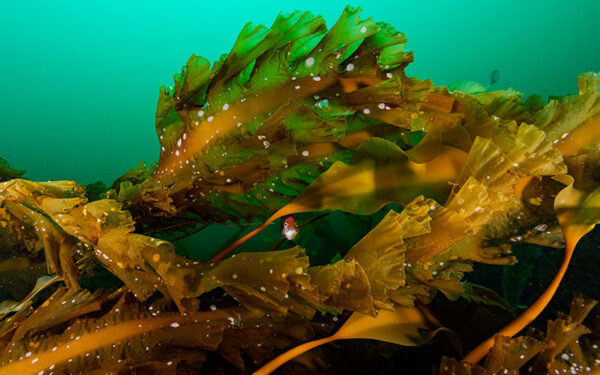
Cashes Ledge nourishes marine life and builds climate resilience in the Gulf of Maine.

Trees are vital to climate resiliency because they keep cities cooler. But many trees are dying because of methane gas leaks.
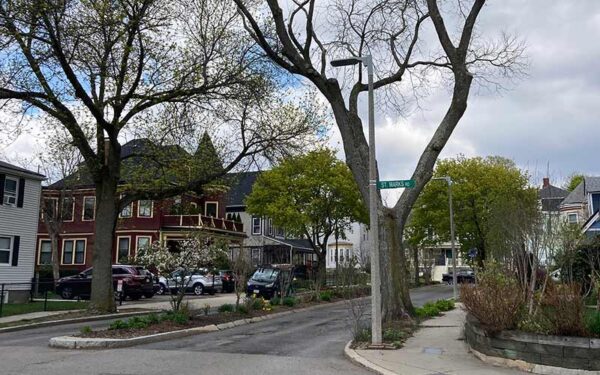
In the latest effort to prevent methane leaks that pose explosive dangers to communities, kill trees, and cost families and businesses money for gas that never reaches their home or office, Conservation Law Foundation has announced plans to sue National Grid for federal and state violations.

The number of trees in a neighborhood is determined by income and race. It’s a troubling imbalance that holds broad social implications as we grapple with climate change.
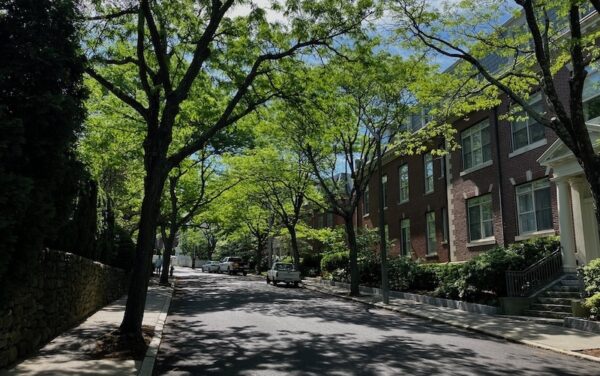
Fossil fuels are dangerous to workers and communities. Renewable energy is a safer alternative.
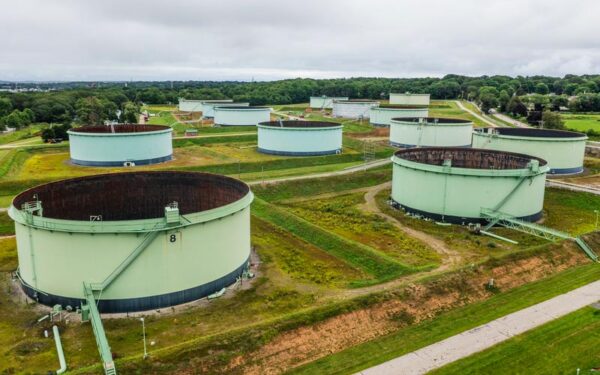
Unlike other New England states, New Hampshire does not have laws designed to consider the cumulative effects of pollution.
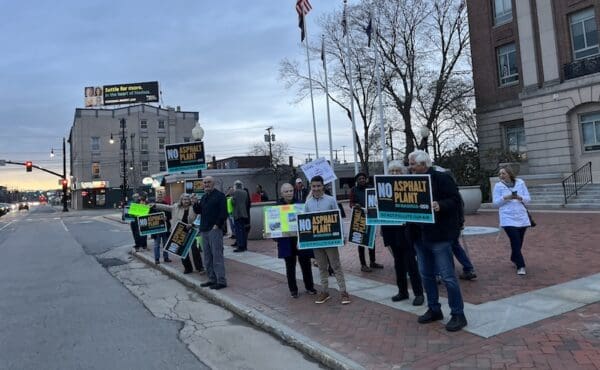
In Manchester, New Hampshire, treated wastewater gets released into the Merrimack River and sludge is burned in an on-site incinerator. That means these dangerous chemicals are released into our water and air every day.
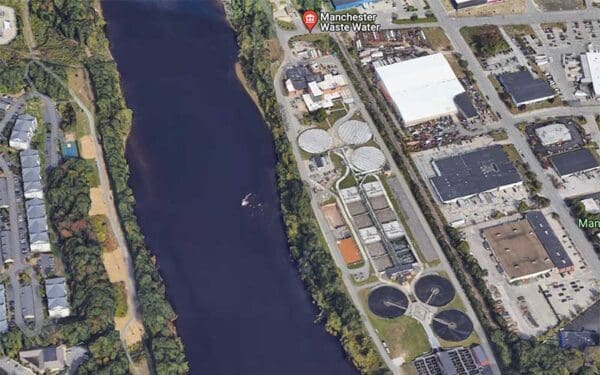
Now that this program is approved, the Board must make sure this plan stays on track and should also look to other lines to electrify. Electrification isn’t just a choice—it’s a necessity for health and equity.

Passion for fashion and ready to take action! Meet Marina Vaz, CLF’s environmental justice community advocate, and learn about her vision for the future of Nashua.

Biking and the infrastructure to support it should be an integral part of Boston’s climate and transit vision. They should go hand in hand with reducing carbon pollution and increasing transit equity.
